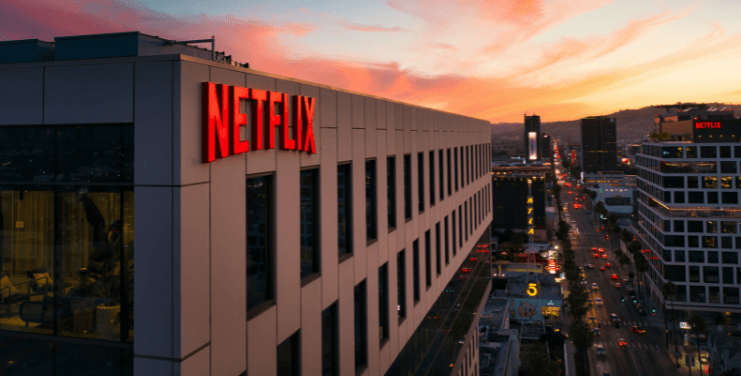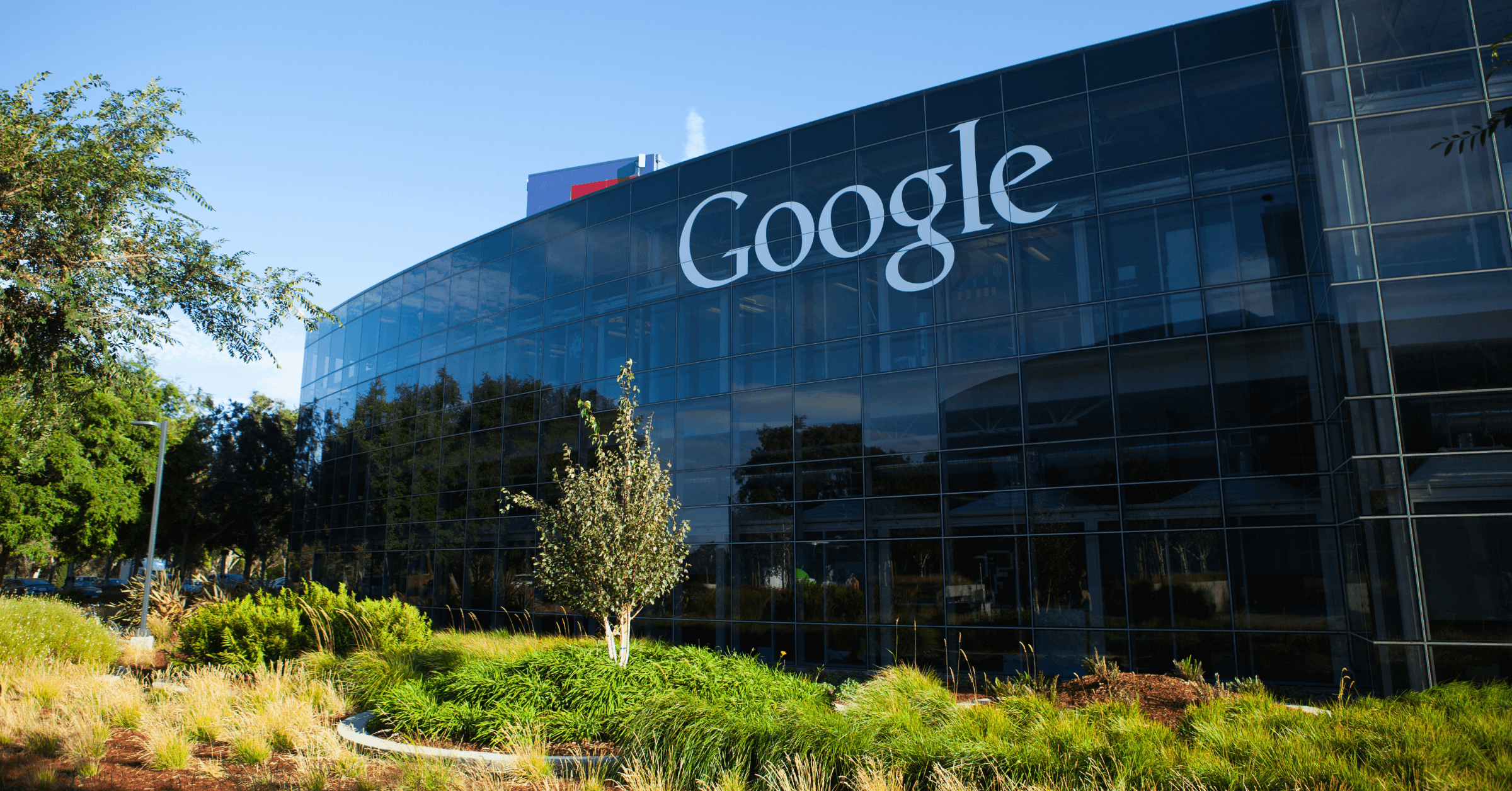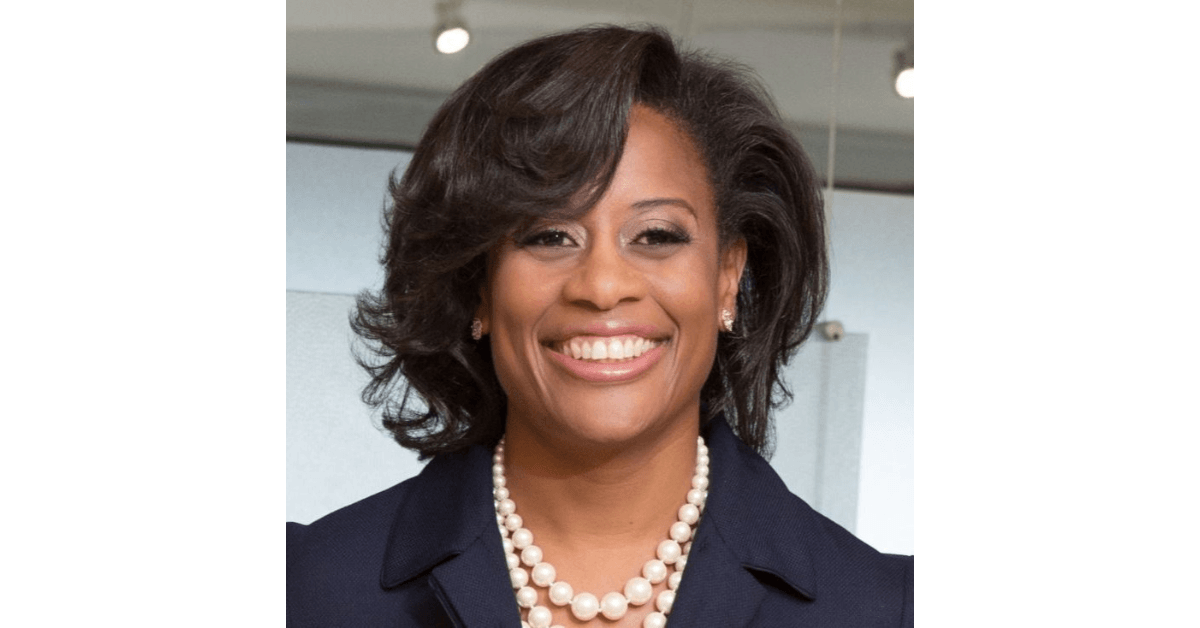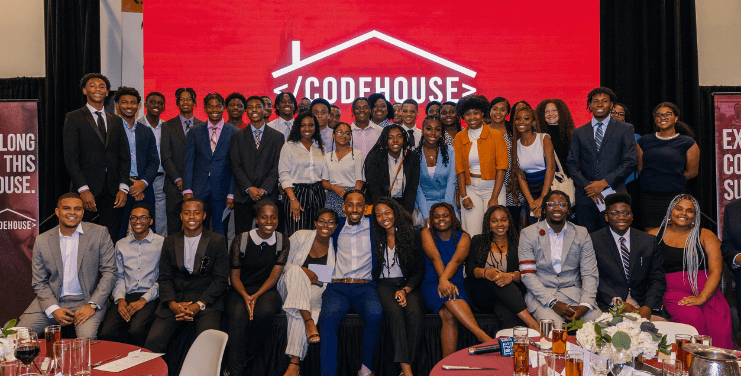KEY INSIGHTS
- Last fall, Netflix became embroiled in controversy after airing a Dave Chappelle special some viewers and Netflix employees found to be transphobic.
- In February, the streaming giant released an update on its progress to making a more inclusive workplace.
- While its full-time Black workforce has risen slightly, behind the camera Black directors are still not on par with the overall Black U.S. labor force.
In May 2020, Netflix became one of the first tech giants to denounce racism after the murder of George Floyd. The following month, the company backed up its statement by creating a “Black Lives Matter” collection of content, announcing a commitment to promoting Nigerian creatives and pledging to put at least two percent of its cash holdings in Black-led financial institutions. The streaming giant, which in recent months has faced a major controversy over a Dave Chappelle special on its platform, has now released an update on its progress to making a more inclusive workplace.
“Our members come from many different countries and cultures and to entertain them we need a workplace and content that’s equally diverse,” Vernā Mayers, Vice President of Inclusion Strategy at Netflix, said in a statement.
At the end of 2020, only eight percent of Netflix’s full-time U.S. workforce was Black. As of December 2021, that number has risen slightly to 10.7 percent.
Black leadership at Netflix increased from 10.9 percent in 2020 to 13.3 percent in 2021, which is on par with the 13 percent share of the U.S. labor force Black people currently constitute.
But unlike other tech giants, analyzing Netflix’s representation must include looking at a vast array of content. The company commissioned the University of Southern California’s Annenberg Inclusion Initiative to do just that.
In February 2021, the Initiative published a report after they analyzed more than 300 live-action films and series on the platform from 2018 and 2019, finding that 15.2 percent of leads or co-leads were Black and 19.5 percent of main cast actors were Black.
Behind the camera, 8.5 percent of film directors were Black while 7.3 percent of series directors were Black. The study did not break out detailed racial data on screenwriters.
Beyond Workforce, Investments into Black Institutions
In terms of Netflix’s commitment to put two percent — or around $100 million — of its cash holdings in Black financial institutions, the company announced in December they had fulfilled that pledge.
Netflix deposited $20 million in two Black-led banks or credit unions, and the other $80 million was invested in various funds, companies and initiatives dedicated to financing Black homeowners, entrepreneurs and community development projects.
Netflix co-founder Reed Hastings and his wife Patty Quillin have also put large sums in Black institutions. On Monday, Hastings and Quillin donated $10 million to Tougaloo College, an HBCU in Mississippi.
Half of the money will go towards Tougaloo’s endowment and financing scholarships while the other $5 million will be put towards helping Tougaloo students who are part of the HBCU’s partnership with Brown University.
It is the second time Hastings and Quillin have given to HBCUs. In June 2020, they donated $120 million to the United Negro College Fund, Spelman College and Morehouse College.
Netflix also has established coding training programs with three HBCUs – Edward Waters University, Norfolk State University and Talladega College. Last October, the streaming giant also helped establish a $5.4 million endowed scholarship at Howard University’s College of Fine Arts.
Inclusion Goes Beyond Just Data
But money and increased numbers are just one piece of what makes a workplace truly inclusive.
Last fall, Netflix became embroiled in controversy after airing a Dave Chappelle special some viewers and Netflix employees found to be transphobic. The only Netflix employee fired as a result of the Chappelle special was a Black trans program manager.
In its most recent report, Netflix mentioned improving its culture of inclusion and belonging, highlighting some of the benefits it offers like gender-inclusive parental leave, and transgender and non-binary care in U.S. health plans. The report did not include data on the numbers of trans or non-binary workers at Netflix.
“Transformational change won’t happen overnight,” Mayers wrote. “Progress takes consistent discipline, heart and practice. We’re committed to doing our part in inspiring change within our industries — so more people can feel seen, heard, and supported to contribute at their best.”
Despite the turmoil and allegations of transphobia, Netflix announced last Friday a series of four new specials that will be produced and hosted by Chappelle.








